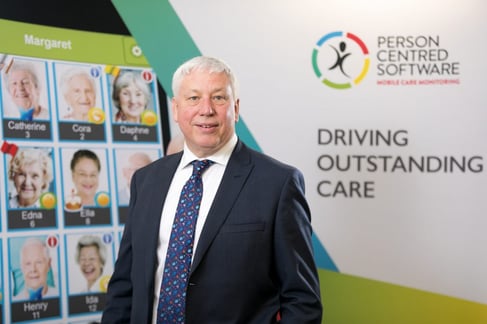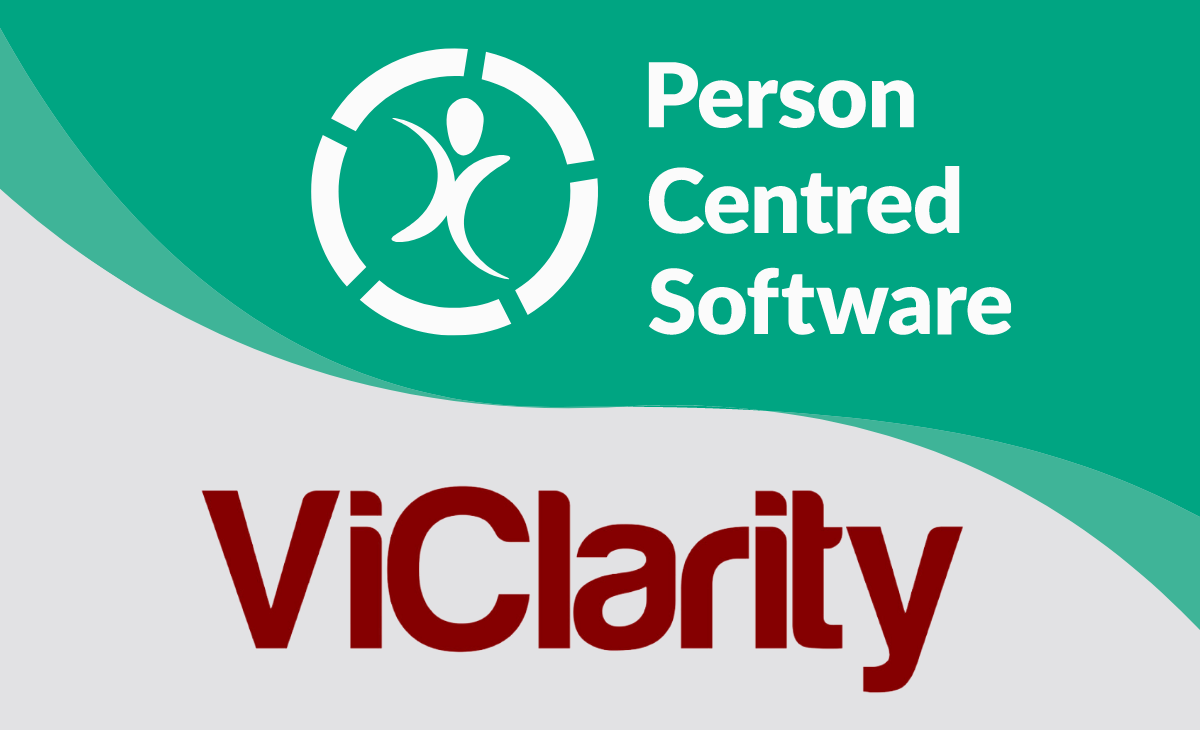
Published in Care Home Professional
Jonathan Papworth, co-founder and director at Person Centred Software, scans the horizon for positives and highlights three main areas for post COVID-19 care.
Given the colossal impact of coronavirus on our vital sector, we all currently need something positive to think about – and amid the sadness and severe impact on staff, I see there are some good things that could come out of this terrible pandemic.
First is the increasing recognition of the benefits available with a digital care system. Technology is now demonstrating to even the most traditional operators that it is not something to fear – it’s an enabler.
Care providers are starting to hear how time efficiencies created by digital tools are offsetting the impact of chronic staffing shortages and the self-isolation of carers to give them a fighting chance. Digital systems such as our Mobile Care Monitoring platform unlock more time to care by saving each carer an hour a day in admin – and now these precious care hours are helping operators to deliver quality care with fewer staff. Such tools are further offsetting chronic staff shortages by helping senior carers in self-isolation to stay involved, but more importantly are enabling new, agency and volunteer workers to know the needs of residents. This crisis has shown that running a care home using paper processes is not sustainable, and I hope that many more owners will realise the need to adopt digital care tools.
My second positive is our collective response, which has been characterised by compassion and creativity. Many care technology developers have put people before product and developed new solutions, functionality and services, even providing these for no charge.
Person Centred Software has added secure video calling to our Relatives Gateway platform which was opened to the sector free of charge at the outbreak of the pandemic. Without any need to create separate resident logins, this will make it easy for care homes to keep residents in touch with loved ones.
My final point is far more colourful, uplifting and potentially transformational – our sector has never been more greatly appreciated at a national level both by the government and the wider community.
Not only is the work of carers being acknowledged daily in political speeches and applauded by a nation on its doorsteps – it is proudly displayed in windows up and down the country in colourful rainbows drawn by children.
I hope that the heightened public realisation of the importance of care is something we can build on when the dust settles, and this will lead to a long term improvement in appreciation for everyone who works in social care.







.webp?width=80&height=80&name=HTD%20Awards%202023%20Badge%20(4).webp)














